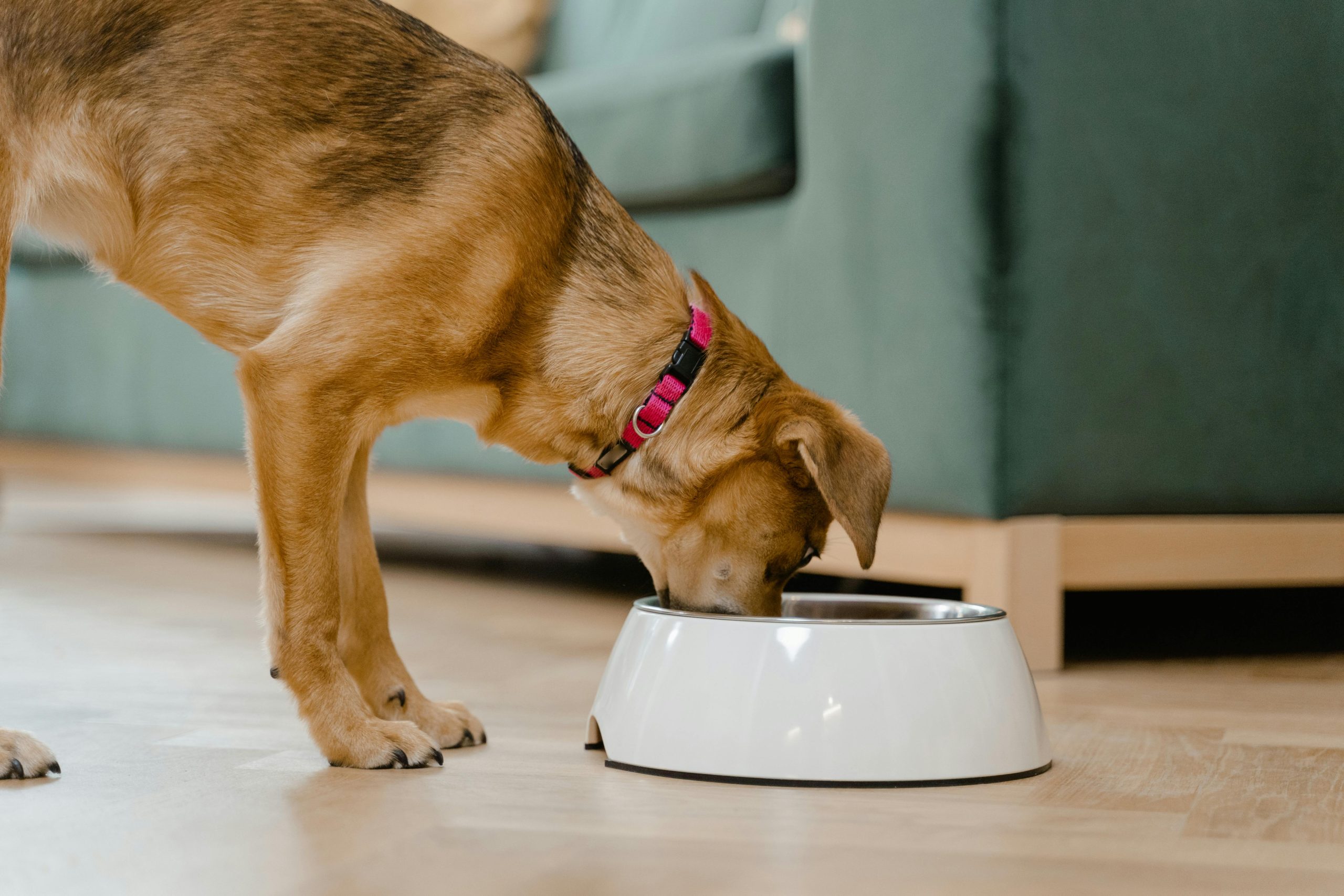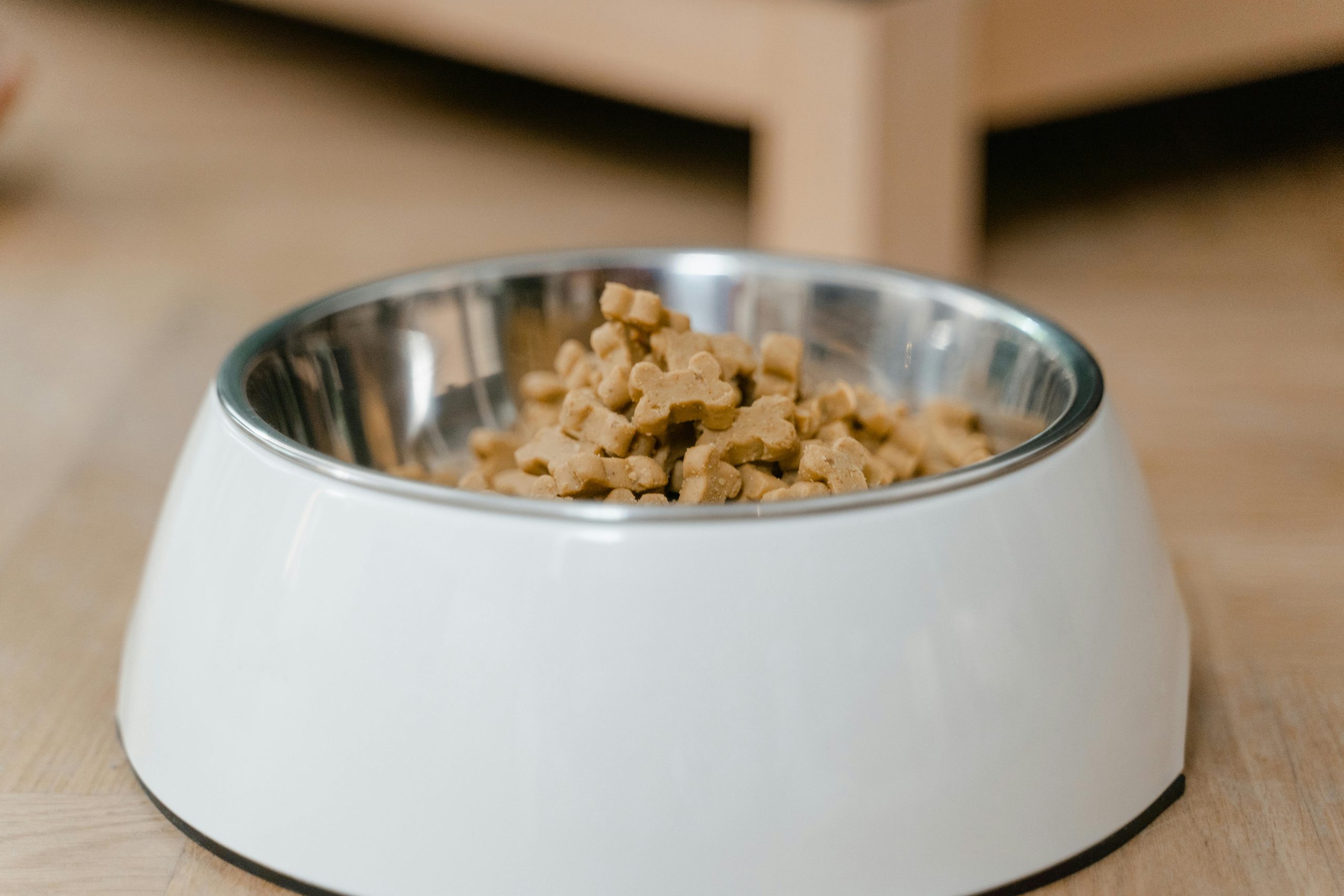Pet owners trust that the food, treats, and products they buy for their beloved animals are safe. However, like the human food supply chain, the pet product industry is also subject to recalls due to contamination or safety issues. These recalls are crucial for protecting the health and well-being of our pets. Contamination can come from various sources, including harmful bacteria, chemical toxins, or physical objects. Understanding the common types of risks can help pet owners be more vigilant. Here are six types of pet products that have been pulled from shelves due to contamination risks.

1. Dry Pet Food (Kibble) with Salmonella Contamination
Dry dog and cat food can become contaminated with Salmonella bacteria during the manufacturing process. The ingredients themselves can be contaminated, or the bacteria can be introduced in the factory environment. While pets might not always show symptoms, they can become carriers and pass the bacteria to humans in the household, who can then become very ill. This risk to human health is a primary driver for many kibble recalls. Always wash your hands thoroughly after handling pet food.
2. Canned Pet Food with Pentobarbital Contamination
Several major recalls in the past have been linked to the discovery of pentobarbital in canned dog food. Pentobarbital is a drug used for anesthesia and euthanasia in animals. Its presence in pet food is illegal and suggests that rendered meat from euthanized animals may have accidentally entered the supply chain. This type of contamination raises serious ethical and safety concerns and has led to widespread consumer outrage and significant recalls.
3. Pet Treats (Especially Jerky) with Unexplained Contaminants
For many years, the FDA investigated thousands of reports of illnesses and deaths in dogs linked to jerky treats, many of which were imported from China. Despite extensive testing, a specific contaminant was never definitively identified. The issue led to numerous voluntary recalls by pet treat companies. This highlights the risk of complex global supply chains and the difficulty in tracing contamination, leading to widespread warnings about certain types of imported pet treats.
4. Corn-Based Pet Foods with Aflatoxin Contamination

Aflatoxin is a toxic compound produced by certain molds that can grow on crops like corn, a common ingredient in many pet foods. If pet food is made with corn that has high levels of aflatoxin, it can be toxic to pets, particularly affecting the liver. Aflatoxin contamination is a frequent cause of recalls for corn-based dry dog foods. Manufacturers are required to test their ingredients, but failures in this process can lead to dangerous products reaching the market.
5. Pet Food with Incorrect Vitamin or Mineral Levels
Recalls can also be triggered by formulation errors. Sometimes, a pet food is found to contain either toxic, excessive levels of a certain vitamin (like Vitamin D) or dangerously deficient levels of an essential nutrient (like thiamine). Both scenarios can lead to serious illness or death in pets. These recalls are due to manufacturing errors in the vitamin/mineral pre-mixes added to the food, highlighting the importance of precise quality control.
6. Raw Pet Food Diets with Bacterial Pathogens
Raw food diets for pets are popular with some owners but carry inherent risks. These products, which contain raw meat, poultry, or fish, are more likely to be contaminated with harmful bacteria like Salmonella, Listeria, and E. coli. The FDA has issued numerous recalls for commercial raw pet food products due to the presence of these pathogens. These not only pose a risk to the pet but also to the humans handling the food.
How to Stay Informed About Pet Product Recalls
To protect your pet, it’s crucial to stay informed about recalls. The FDA maintains a searchable database of pet food recalls on its website. You can also sign up for alerts from various pet-related organizations or news sites. When you purchase a new bag or case of food, check the lot number and date. If you hear about a recall, you can quickly check if your specific product is affected. If you have a recalled product, stop feeding it immediately and follow the company’s instructions for disposal or return.
Vigilance for Your Furry Family Members
The safety of our pets depends on the diligence of manufacturers and the awareness of pet owners. Contamination risks from bacteria, toxins, and manufacturing errors are a reality in the complex pet food supply chain. By staying informed about recalls, understanding the potential risks associated with different types of products, and practicing safe handling of pet food and treats, you can help protect your animal companions. Always consult your veterinarian if your pet shows any signs of illness after eating a new food or treat.
How do you stay informed about pet product recalls and safety alerts? What are your biggest concerns when it comes to the safety of the pet food you buy? Share your thoughts and tips below!
Read More
8 Pet Snacks That Contain Banned Preservatives
8 Brands of Dog Food That No One Should Be Feeding Their Dog
The post 6 Pet Products Pulled Due to Contamination Risk appeared first on Grocery Coupon Guide.







